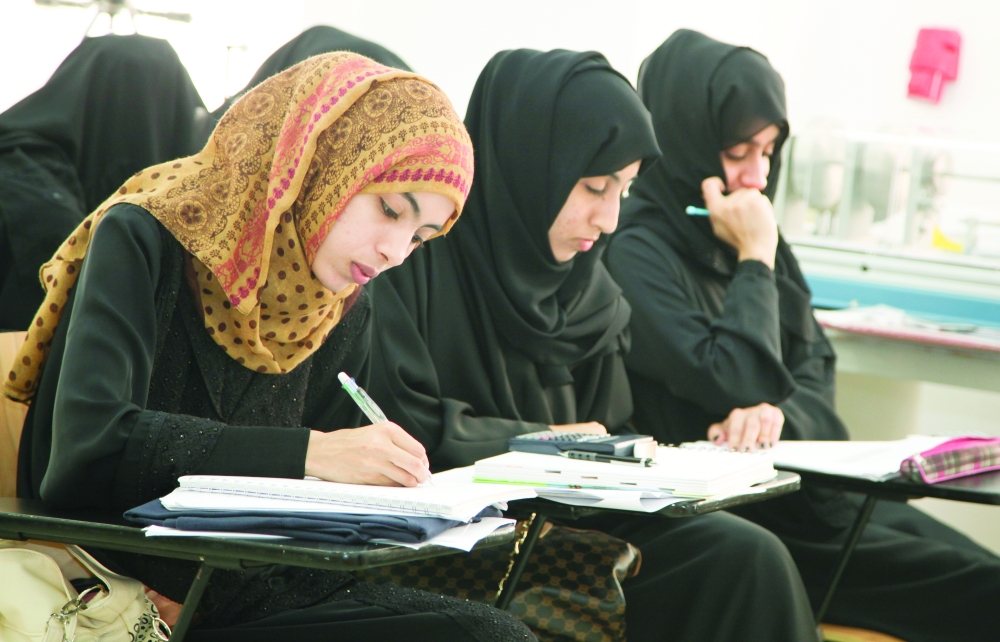

The Sultanate of Oman has been ranked among the five best Arab countries in the newly released index in the Human Development Report of the United Nations Development Programme (UNDP).
Oman is ranked 54th globally, with a score of 0.816 points, and was ranked with the UAE, Bahrain, Saudi Arabia, Qatar and Kuwait as the best Arab countries in the world’s human development index.
In the Arab world, Algeria is ranked 91st, Egypt and Tunisia at 97, and Jordan at 106, among others.
The latest flagship UN report on human development, however, warns that multiple crises are halting progress on human development, which is going backwards in the overwhelming majority of countries. Here are five things to look out for in the report.
While painting a picture of a global society lurching from crisis to crisis, and which risks heading towards increasing deprivation and injustice, the report titled “Uncertain Times, Unsettled Lives: Shaping our Future in a Transforming World”, signals a deepening crisis for many regions, and Latin America, the Caribbean, Sub-Saharan Africa, and South Asia have been hit particularly hard.
For the first time in the 32 years that UNDP has calculated it, the Human Development Index, which measures a nation’s health, education, and standard of living, has declined globally for two years in a row.
Human development has fallen back to its 2016 levels, reversing much of the progress towards the Sustainable Development Goals.
The reversal is nearly universal as over 90 per cent of countries registered a decline in their HDI score in either 2020 or 2021, and more than 40 per cent declined in both years, signalling that the crisis is still deepening for many.
While some countries are beginning to get back on their feet, recovery is uneven and partial, further widening inequalities in human development. Latin America, the Caribbean, Sub-Saharan Africa and South Asia have been hit particularly hard.
“The world is scrambling to respond to back-to-back crises. We have seen with the cost of living and energy crises that, while it is tempting to focus on quick fixes like subsidising fossil fuels, immediate relief tactics are delaying the long-term systemic changes we must make,” says Achim Steiner, UNDP Administrator.
“We are collectively paralysed in making these changes. In a world defined by uncertainty, we need a renewed sense of global solidarity to tackle our interconnected, common challenges.”
The report explores why the change needed isn’t happening and suggests there are many reasons, including how insecurity and polarisation are feeding off each other today to prevent the solidarity and
collective action we need to tackle crises at all levels.
“Even before Covid-19 hit, we were seeing the twin paradoxes of progress with insecurity and polarisation. Today, with one-third of people worldwide feeling stressed and fewer than a third of people worldwide trusting others, we face major roadblocks to adopting policies that work for people and the planet,” says Achim Steiner.
“This thought-provoking new analysis aims to help us break this impasse and chart a new course out of our current global uncertainty. We have a narrow window to re-boot our systems and secure a future built on decisive climate action and new opportunities for all.”
To chart a new course, the report recommends implementing policies that focus on investment from renewable energy to preparedness for pandemics and insurance, including social protection, to prepare our societies for the ups and downs of an uncertain world. Innovation in its many forms — technological, economic, cultural — can also build capacities to respond to whatever challenges come next.
@samuelkutty
Oman Observer is now on the WhatsApp channel. Click here



